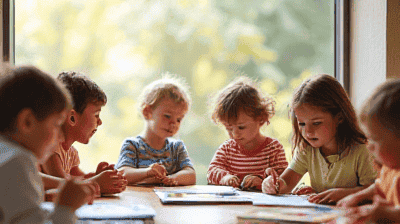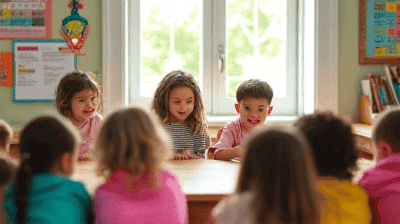Emotional Intelligence in Early Childhood: Cultivating Empathy and Understanding
Emotional intelligence is a critical skill that affects various aspects of a child's development, including their social interactions, academic performance, and overall well-being. Understanding and managing emotions, as well as the ability to empathize with others, are foundational elements of emotional intelligence. Cultivating these skills in early childhood sets the stage for successful relationships and emotional health throughout life. This article explores the importance of emotional intelligence in











